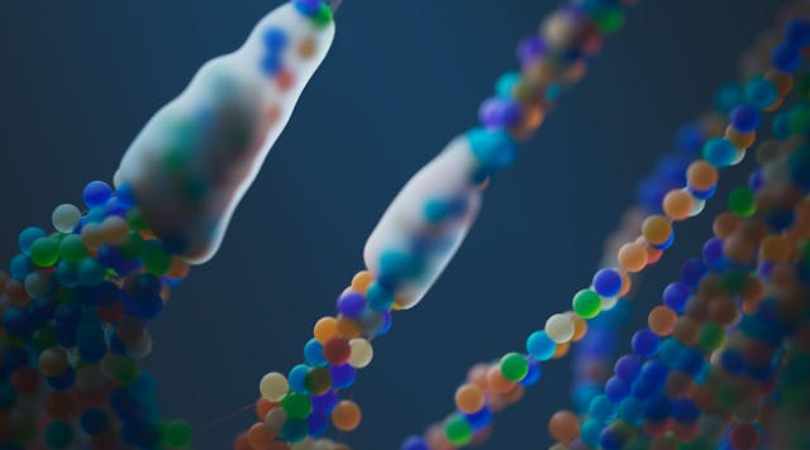Scientists have successfully restored the lost uricase enzyme, a key breakthrough in combating fructose-induced fat formation. This discovery offers new hope for preventing obesity and metabolic disorders by targeting how the body processes sugar and stores fat.
Limited Quantities Available! Order Today and Enjoy Free Shipping on Orders Over $100!
Mitochondrial Dysfunction
When cellular energy factories fail to produce enough ATP—often due to stress from fructose metabolism and uric acid buildup.
Metabolic Health Begins in the Mitochondria
When your mitochondria can’t produce energy efficiently, everything suffers—from focus to fat burning. And fructose metabolism may be a major disruptor.
Fructose metabolism rapidly consumes ATP and generates uric acid, both of which damage mitochondria and impair their ability to power your cells. Over time, this leads to fatigue, insulin resistance, and a breakdown in metabolic flexibility—even without obvious sugar in the diet.
SugarShield is designed to support mitochondrial health by helping manage the hidden burden of fructose. With ingredients like luteolin and tart cherry extract, it promotes cleaner energy production and protects the systems that keep you running strong.
What is Mitochondrial Dysfunction?
Mitochondria are the power plants of cells, converting nutrients into usable energy (ATP). Mitochondrial dysfunction occurs when this process is impaired, leading to low energy, fatigue, inflammation, and cellular stress.
Fructose and Mitochondria
Fructose metabolism places unique stress on mitochondria:
- Rapid ATP depletion during fructokinase activation
- Increased uric acid, which directly inhibits mitochondrial enzymes
- Excess fat accumulation, which impairs mitochondrial structure
Systemic Consequences
Poor mitochondrial function is implicated in:
- Chronic fatigue
- Neurodegenerative diseases
- Metabolic syndrome
- Cravings and weight gain
The effects are wide-ranging because mitochondria are central to every system in the body.
A Hidden Driver of Modern Illness
Many people experience signs of mitochondrial dysfunction without knowing it—like poor exercise tolerance, brain fog, or mid-day crashes. These symptoms often trace back to fructose metabolism as an overlooked root cause.
The LIV3 Solution
By blocking fructose metabolism and reducing uric acid, we aim to protect mitochondrial health and restore normal energy production—supporting not just metabolic health, but mental clarity, mood, and vitality."






